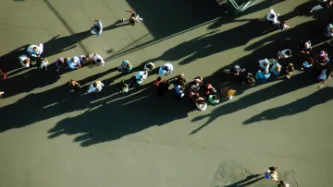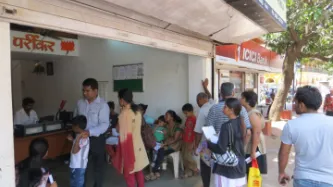Search
Content type: Long Read
… to reducing the lifelong consequences of poverty and exclusion. Programmes like cash transfers – including child … of country case studies from where one can observe these exclusionary consequences. Shortcomings revealed: social … in the digitisation of India’s food security programme: the exclusion of married women of Odisha Even after local …
Content type: Long Read
… in a database – is to entrench identities, and often exclusion. We have seen that play out for ethnic Somali … or outright refusals to be granted one, result in economic exclusion, social isolation and missed opportunities: ID … identify beneficiaries. Naturally, this has resulted in the exclusion of vulnerable populations – an issue that is now …

